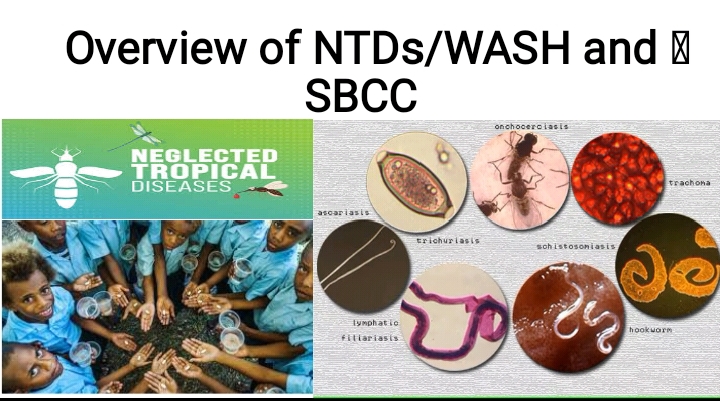Stakeholders and community influencers from seven Local Government Areas (LGAs) in Kano State have converged for a townhall meeting aimed at strengthening water, sanitation and hygiene (WASH) practices through social and behavioral change communication (SBCC) as part of efforts to eliminate neglected tropical diseases (NTDs).
The meeting, held in Kano, was organized by the Kano State Rural Water Supply and Sanitation Agency (RUWASA) in collaboration with the Health and Development Support Program (HANDS).
RUWASA, HANDS Intensify Fight to Eliminate NTDs in 7 Kano LGAs
In his remarks RUWASA RUWASA Mobilisation Manager, Ahmad Shamaki RUWASA explained that the initiative is designed to raise awareness on the role of WASH in preventing NTDs, improve stakeholder collaboration, and promote community-driven feedback for sustainable impact.
He noted that the objectives of the program include strengthening community engagement, advancing effective SBCC strategies, and facilitating dialogue among stakeholders to enhance coordination.
HANDS Program Officer, Muhammad Dan Aro Yusuf, highlighted the organization’s longstanding role in the fight against NTDs, recalling its interventions since 1996.
REMAPSEN Rallies African Journalists to Spotlight Neglected Tropical Diseases in 2025
According to him, stakeholders and community influencers from the seven implementing LGAs under the Eliminating Lymphatic Filariasis in Africa Project are central to driving the SBCC component.
“The SBCC approach leverages community influencers to promote WASH practices, personal hygiene, clean water usage, and environmental sanitation,”
“We want them to return to their communities and educate both current and future generations on eliminating NTDs and other diseases.”
In his presentation titled “Overview of Neglected Tropical Diseases and WASH,” HANDS consultant, Shehu Musa Ishaq, identified critical challenges hindering the comprehensive elimination of Neglected Tropical Diseases (NTDs) in Kano State.
Ishaq noted that poor coordination and inadequate information sharing between the WASH and NTD sectors continue to undermine efforts, alongside insufficient capacity among health workers and professionals.
He further stressed that limited awareness among citizens, coupled with the urgent need to strengthen existing WASH facilities, remain major obstacles to achieving lasting progress in combating NTDs in the state.
A participant who doubles as Head of WASH Sumaila LGA, Salmanu Sani Gaya, described access to potable drinking water as a major catalyst in eradicating NTDs.
He disclosed that Sumaila LGA has been in the forefront of water provision across its 11 wards, adding that plans are at an advanced stage to construct public toilets in markets, motor parks, and other public places to curb open defecation and reduce the spread of diseases.
Also speaking, Umma Salisu Musa from the WASH Department of the Kano Ministry for Local Governments, urged participants to cascade the knowledge gained from the meeting to their communities in order to sustain efforts toward an NTD-free society.
Participants included religious leaders, women leaders, youth groups, members of the National Union of Road Transport Workers (NURTW), health workers, and WASH officials from Madobi, Kura, Kabo, Karaye, Kunchi, Rogo, and Sumaila LGA.





